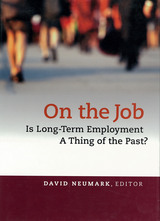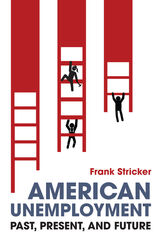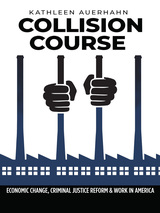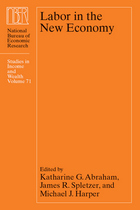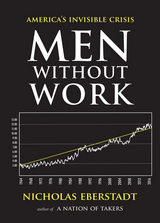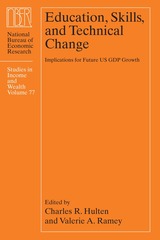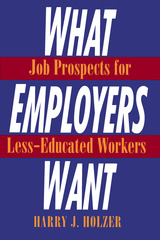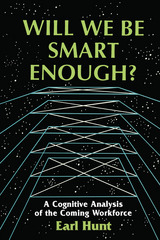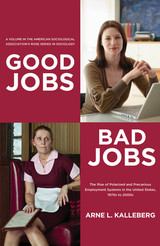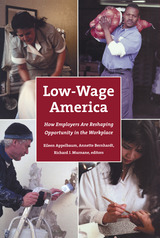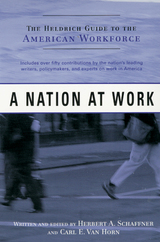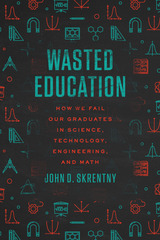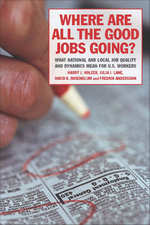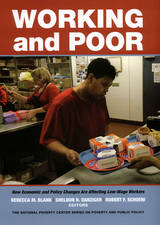Cloth: 978-0-674-54810-7
Library of Congress Classification HD5724.G524
Dewey Decimal Classification 331.110973
This volume constitutes an achievement nowhere duplicated in the three related and critical areas of education, work, and manpower policy. It is the mature production of over a dozen years of research-endeavors by the dean of manpower studies.
In Part I Eli Ginzberg warns against simplistic reliance on prevailing models—economic, psychological, or political. There is only tenuous evidence that enormous expenditure leads to increased social benefit. Rather, we need a more appropriate framework for analyzing human resources, and we ought to be skeptical of a theory that predicates an underlying rationalism for much, if not all, human behavior. Specifically, the author doubts that education can be a substitute for the family, cure poverty or racism, assure an individual a job, give a person a decent income, or control crime and delinquency. What it can do is help students acquire basic skills and thereby help them to live and manage their lives better. The author suggests that we ought to set realistic goals for our schools and insist on accountability.
Part II turns to work and its discontents. Ginzberg examines the changing role of women, the position of blue-collar workers, labor reforms suggested in America and abroad, and the place of the work ethic.
Part III focuses mostly on public employment policy, which can improve the manpower system but can only be a minor instrument for promoting economic growth, redistributing income, shifting consumer demand to public services, or eliminating substandard jobs. The discussion will be eagerly read by those seeking to generate jobs for the unemployed.
See other books on: Ginzberg, Eli | Job satisfaction | Manpower policy | Work | Working class
See other titles from Harvard University Press

